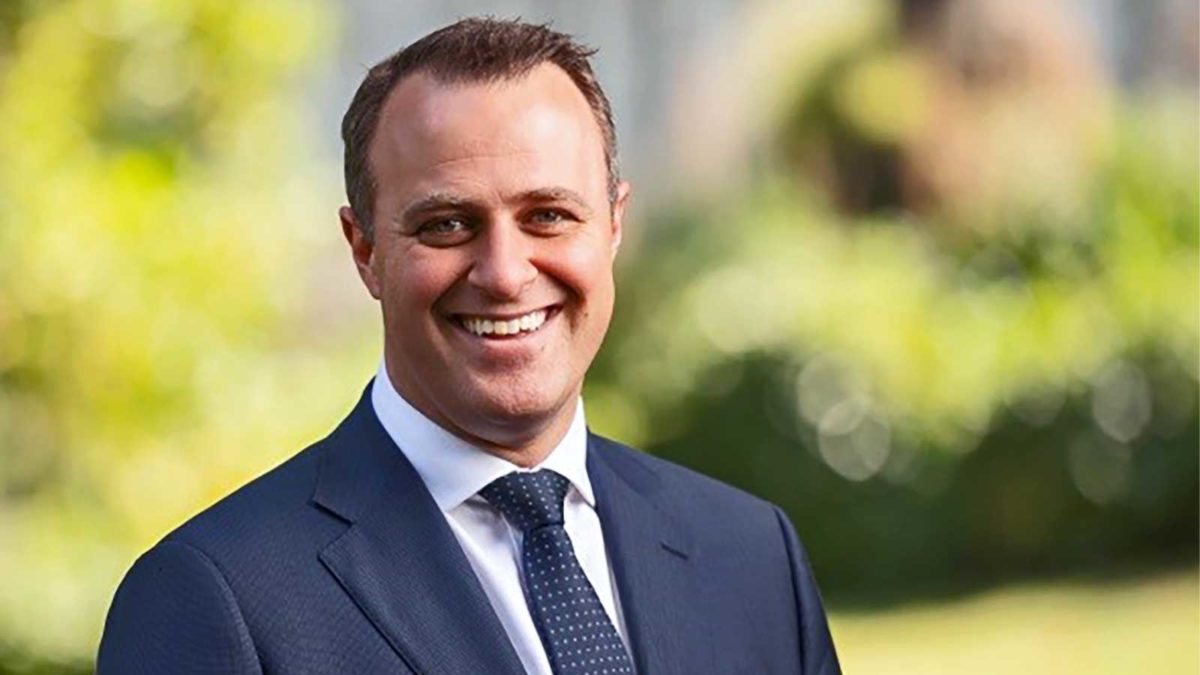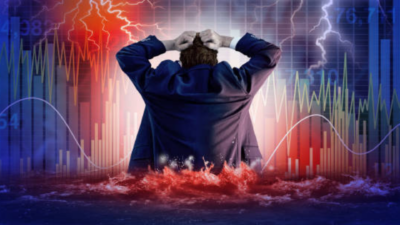Truth, consequences, and insider trading
The accusations of insider trading hurled at Australia’s big super funds are explosive in nature – and pose something of a headscratcher. Regardless of their weight, reputations are at stake.
The revelations made by ASIC on Wednesday last week (October 27) are a tough wake-up call for an industry that prides itself on its duty to members. While the regulator stopped short of actually accusing trustees and directors of using price sensitive information to their own advantage, they did find an environment that could be easily exploited to do just that.
The accusations themselves were originally made by Liberal MP Tim Wilson. In October 2020, he asked ASIC to investigate multiple instances of super fund trustees and directors switching their investments at a time when the broader market was falling to avoid the loss that would have come with unlisted assets being revalued. The insider trading accusation stems from the possibility that those trustees and directors had foreknowledge of what those revaluations would be.
If they didn’t, then the accusation will also no doubt have many pondering the definition of insider trading, which is the use of non-public information about a company (or in this case, a super fund) to make a profit – or, again in this case, to prevent a loss. So who knew what and when? Does using the knowledge that unlisted assets will likely be revalued, and substantively lower – something that is common knowledge within the investment industry – to protect your superannuation constitute insider trading? Or is it simply making an informed decision?
The industry itself is not sure. Potential regulatory action aside (more on that later) it’s an extraordinarily bad look. Executives and trustees exploiting the asymmetry of information to better themselves is at best an ethical issue, at worst a legal one – with heavy consequences. On the other side of things, valuation practices are not standard across the industry, and funds don’t look to public markets for private valuations, with many accordingly revaluing them to a less extreme degree. For example, Hostplus slashed the value of its unlisted assets by around 7.5-10 per cent at a time when public markets fell by more than 30 per cent.
Switching, in these cases, could well have left trustees and directors worse off – if they were indeed aware that the revaluation was coming. Not that this ameliorates their bad intentions, of course. The timing and nature of the switches (i.e. into cash – still not a great option in retrospect, especially given the difficulty in capturing the explosive rebound) will be vital evidence should a case proceed. Investors make stupid, fear-based decisions all the time; the timing is suspect, but not necessarily malicious.
But the actual accusation aside, it’s impossible to deny the details of what ASIC found when it conducted its review of both industry and retail funds. Many funds failed to identify investment switching as a risk, and around half did not have “blackout” periods or pre-trade approvals in place. Even when they were in place, trustees and directors were often excluded from them. Most funds relied on self-reporting of breaches rather than active oversight, and failed to consider the activities of related parties, like family members.
APRA’s recent thematic review of unlisted asset valuations also found behaviour that fell short of best practice, primarily where valuation committees were headed by chief investment officers and where the committee had the ability to determine or influence valuations – hardly an arm’s length arrangement.
Stemming from all of this, there’s the fact that for many, the case is a clear-cut example of insider trading, and has been reported as such. And that speaks to the vast reputational damage that can ensue from so much as a whiff of scandal, let alone the overwhelming stench. Australia’s super funds have entered a new world of reputational risk, with the “name and shame” nature of the Your Future Your Super performance test creating the potential for funds to be branded as serial underperformers despite their best efforts. Were these allegations to be borne out – ASIC is gathering more information, and will consider “appropriate regulatory action” where misconduct causing consumer harm is identified – it would be a disastrous blow for an industry that has leveraged its good standing to great effect in the post-Hayne world.











